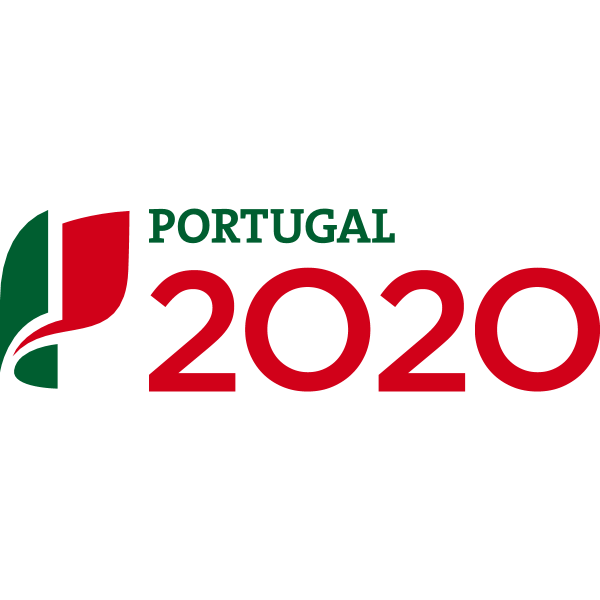Space has been an ultimate frontier for several centuries. During the last decades the Aerospace Industry has achieved several breakthroughs, with the number of satellites observing the Earth rising at a never seen rate. This race for Earth satellites stems from the need to observe Earth and better understand its environments at a global scale. Additionally , there is a need to establish global communication networks, for both commercial and public purposes. Nano, micro and small satellites have been a prime tool for answering these needs. However, there is a potential launch gap that may only be answered by an increase on the number of yearly launches to keep up with demand as well as replenish existing capacity.
An effective and commercially appealing solution to the current situation is the development of micro-launchers. These can complement the current available launch opportunity offer, serving a large pool of different types of clients (e.g. constellations of up to hundreds of satellites that need to be launched). They offer a flexible and custom service that large conventional launchers cannot adequately assure.
Rocket Factory Augsburg (RFA) has been developing its own micro-launcher for the last two years, establishing itself as one of the most promising entities to enter this competitive market. Moreover, it builds upon the significant backing of its experienced owners and the highly qualified and agile resources it rapidly acquired since its creation. With a launcher capable of delivering up to 500 kg to Low-Earth Orbit, RFA focuses on leveraging low-cost solutions to provide a valuable market oriented one stop shop launch solution.
With the Magellan project, Portugal has a unique and important opportunity in this expanding strategic market via the significant participation in the development of RFA’s launcher prior to entry into the market. They combine mutual aspirations of RFA and the growing Portuguese installed competences. In alignment with the Portuguese space strategy, this allows Magellan to bring together two forward looking entities with complementary knowledge: RFA-PT, a subsidiary of Rocket Factory Augsburg, with the Aerospace know-how and global industry recognition, and CEiiA, an engineering and product development centre with a long track record of developing disruptive solutions in many different markets. As such, RFA-PT and CEiiA will develop significant micro launcher structures in Portugal, within this ambitious Magellan project. Lastly this will demonstrate the Portuguese potential to develop complex, low-cost, light and custom made aerospace solutions from concept up to manufacturing in an enduring mutually beneficial partnership with global industry partners at scale.
Project Nº: POCI-01-0247-FEDER-072246
Project designation: MAGELLAN
Support under the Incentive System
Main objective: Strengthen research, technological development and innovation
Intervention Region: North
Beneficiary Entities: RFA Portugal, Unipessoal Lda.
CEIIA – Centro de Engenharia de Desenvolvimento (Associação)
Approval date: 18-06-2021
Start date: 03-08-2020
Conclusion date: 30-06-2023
Total Eligible Cost: 9.036.537,43 €
European Union Financial Support: FEEI: 6.311.351,80 €
August 2020 to June 2023



Copyright 2025 © All rights reserved.
If you’re interested in receiving access to our Payload Users Guide for our Redshift OTV, please enter your details below.
If you’re interested in receiving our press kit, please enter your details below. We’ll review your request and get back to you ASAP.
If you’re interested in receiving access to our Payload Users Guide for our RFA ONE, please enter your details below.
We will get back to you soon.

Necessary cookies are absolutely essential for the website to function properly. This category only includes cookies that ensures basic functionalities and security features of the website. These cookies do not store any personal information.
Any cookies that may not be particularly necessary for the website to function and is used specifically to collect user personal data via analytics, ads, other embedded contents are termed as non-necessary cookies. It is mandatory to procure user consent prior to running these cookies on your website.
Analytical cookies are used to understand how visitors interact with the website. These cookies help provide information on metrics the number of visitors, bounce rate, traffic source, etc.
Performance cookies are used to understand and analyze the key performance indexes of the website which helps in delivering a better user experience for the visitors.
Undefined cookies are those that are being analyzed and have not been classified into a category as yet.